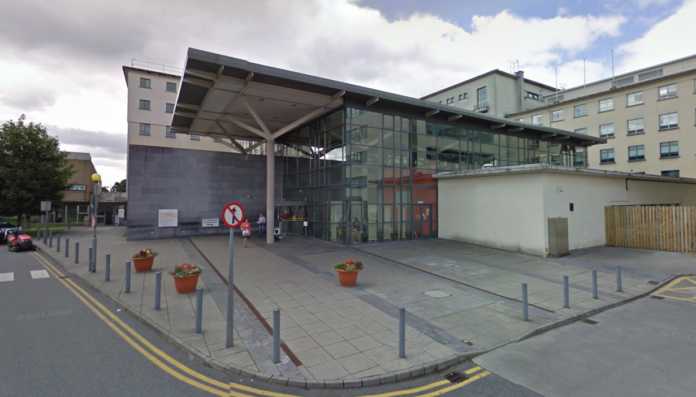The Irish Nurses and Midwives Organisation has warned of a catastrophic winter ahead for hospitals across Ireland, after 10,515 patients waited on trolleys in September.
It was the second worst September for overcrowding in Irish hospitals, just behind 2019 when 10,641 patients were without a bed.
University Hospital Galway was the third worst affected hospital in September with 1,032 people on trolleys.
University Hospital Limerick once again topped the grim table with 1,382 patients on trolleys, followed by Cork University Hospital (1,260 patients).
INMO general secretary Phil Ní Sheaghdha said that it is clear from this month’s overcrowding figures that we are on a path to a catastrophic winter in our hospitals.
She said that it is unsafe for nurses and the patients they care for, and that besides a leaked draft winter plan, there is no clear vision from healthcare leaders as to what the solution for this winter is.
Phil Ní Sheaghdha said the ongoing problems with overcrowding are leaving nurses completely and utterly demoralised.
“We have a severe recruitment and retention problem within the health service. This week alone in a large teaching hospital in Dublin, over a dozen nurses working in a busy Emergency Department handed in their notice.”
Ms Ní Sheaghdha added that the INMO’s members are now voting with their feet and saying that they will not stand for another winter where they are “demoralised, burnt out and abused in their workplace because of the excessive workloads.”
“It is not enough for the Minister for Health and senior HSE leadership to acknowledge that we are in for an undesirable winter.
“We need to know when the private hospitals will be coming on the pitch, we need to know what exact measures are being implemented to keep our nurses in the system, when extra capacity will be coming through in communities to allow discharging of patients to happen in a timely manner.
“Patients need assurances that they will be cared for in a safe environment that ensures their care is not compromised.”











